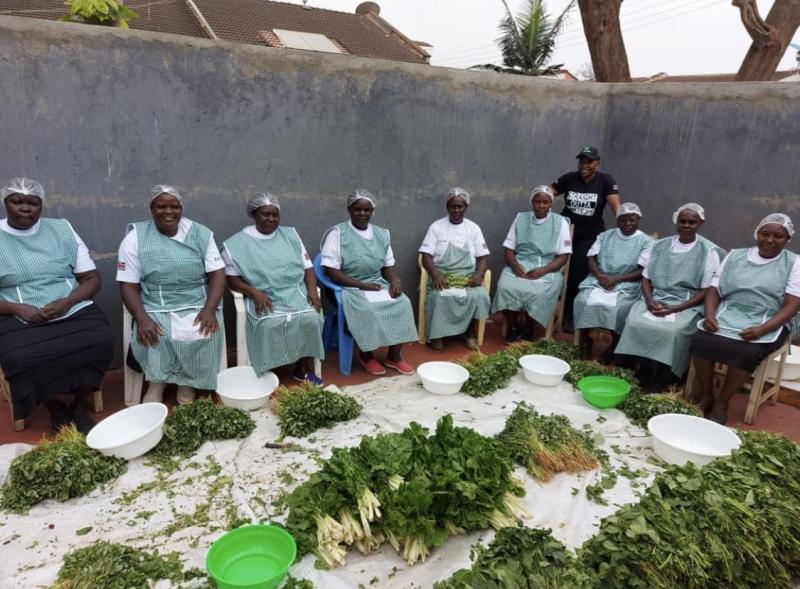×
The Standard e-Paper
Stay Informed, Even Offline

Many people turned to healthy eating habits when the coronavirus hit, with traditional vegetables being one of the favourite choices.
But for Miriam Nabakwe, she has always supported healthy eating. Her passion for healthy foods saw her set up an outlet for selling traditional vegetables about seven years ago. She is the owner of Kienyeji’s, a store that sells pre-cooked leafy traditional vegetables. Ms Nabakwe shared her business journey with Enterprise and how the pandemic made her business relevant.